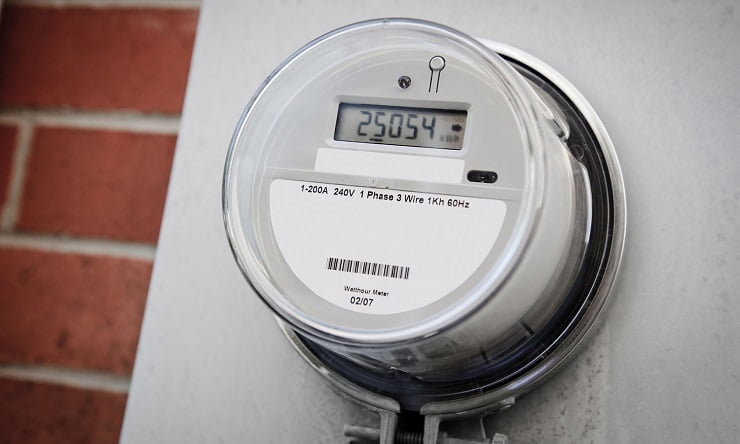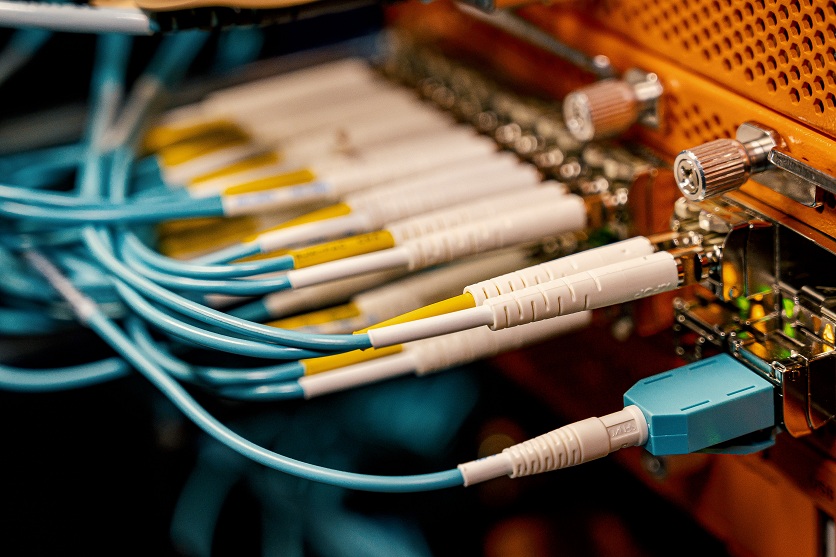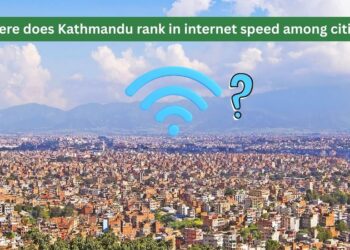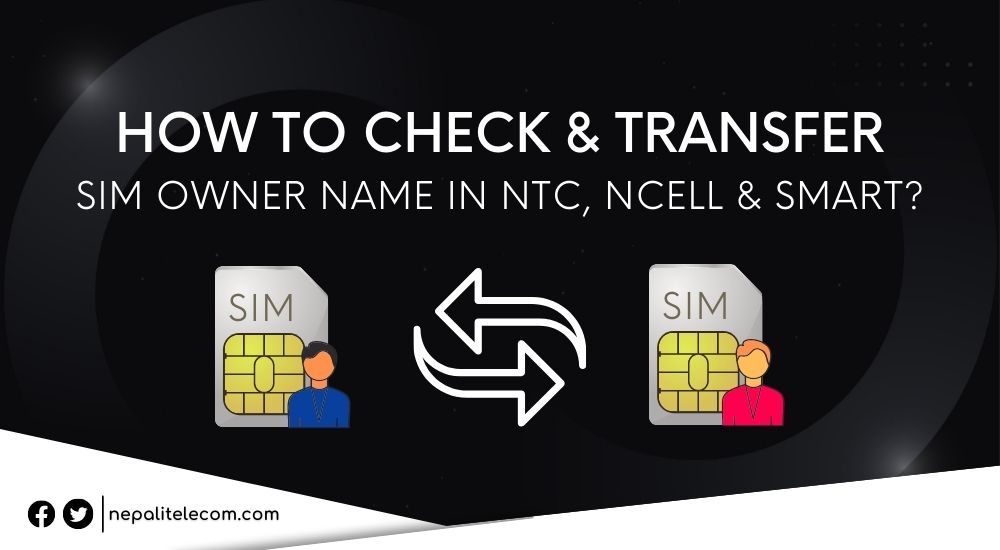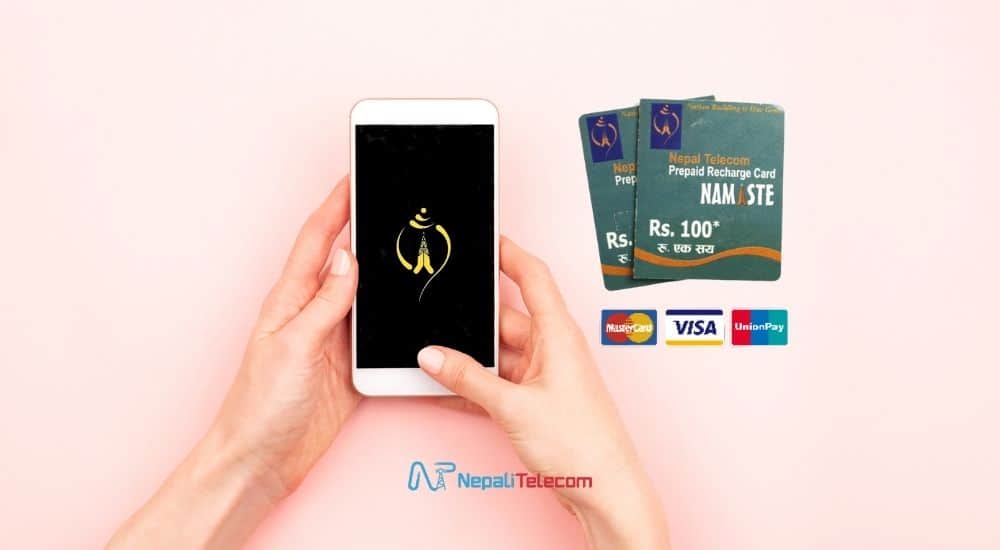Nepal Electricity Authority (NEA), the sole provider, regulator of electricity supply in Nepal is planning to put smart meter in place of regular analog meters. In the first phase, the NEA smart meter will be used in Kathmandu valley, to decrease the power leakage and help people pay the electricity bills easily. Later other areas will also get the NEA smart meter at homes and smart grid as a whole for the distribution system.
NEA believes the smart metering concept will help to control electricity theft through hooking and leakage. According to NEA data, more than 100 Megawatts of electricity, is being wasted due to theft and leakage. The total electricity in central grid is 890 Megawatts and there are 30 lakh users.
Prepaid or Pay electricity bills through mobile phones
The smart meter also paves the way for the checking of electricity bills in their mobile phones. The electricity bills can also be made either prepaid or postpaid. Till now, the meter reader from NEA need to visit the individual house to make the paper bills. Then customers can either pay it by going to NEA counters or through online means for some selective counters. After the use of smart metering, customers can themselves check the meters reading themselves in their mobile from some portal or apps. The customers can even pay the bills through their mobile or online.
How does Smart meter work?
Smart meter is a digital device that is used in place of the regular meters for different utilities like Gas, electricity, or water supply. The smart meter can send information about the usage of the utility to the central server in regular intervals. The meter even has the display for the usage of electricity and the cost of the usage. For this, it can either use WiFi or special Internet of things (IoT) network or cellular network. The cellular data can be from 2G, 3G, 4G or the Internet of things network beyond 4G. The smart meter also holds a SIM card slot to access the cellular network. The smart meter can also assign tariff / price of usage according to the time of usage; peak hours and off hours. That can even discourage people to control unnecessary electricity, saving electricity at peak times.
NEA already discussed the possibility of mobile payments and usage of SIM cards with Nepal Telecom. Once the project delivery is assured, more detail action plan need to be sought to put the smart electricity meter in place. Following this, KUKL has also started working for smart meter in water supply to people home.
What do you think of NEA smart meter? Will you use this smart meter at your home?


